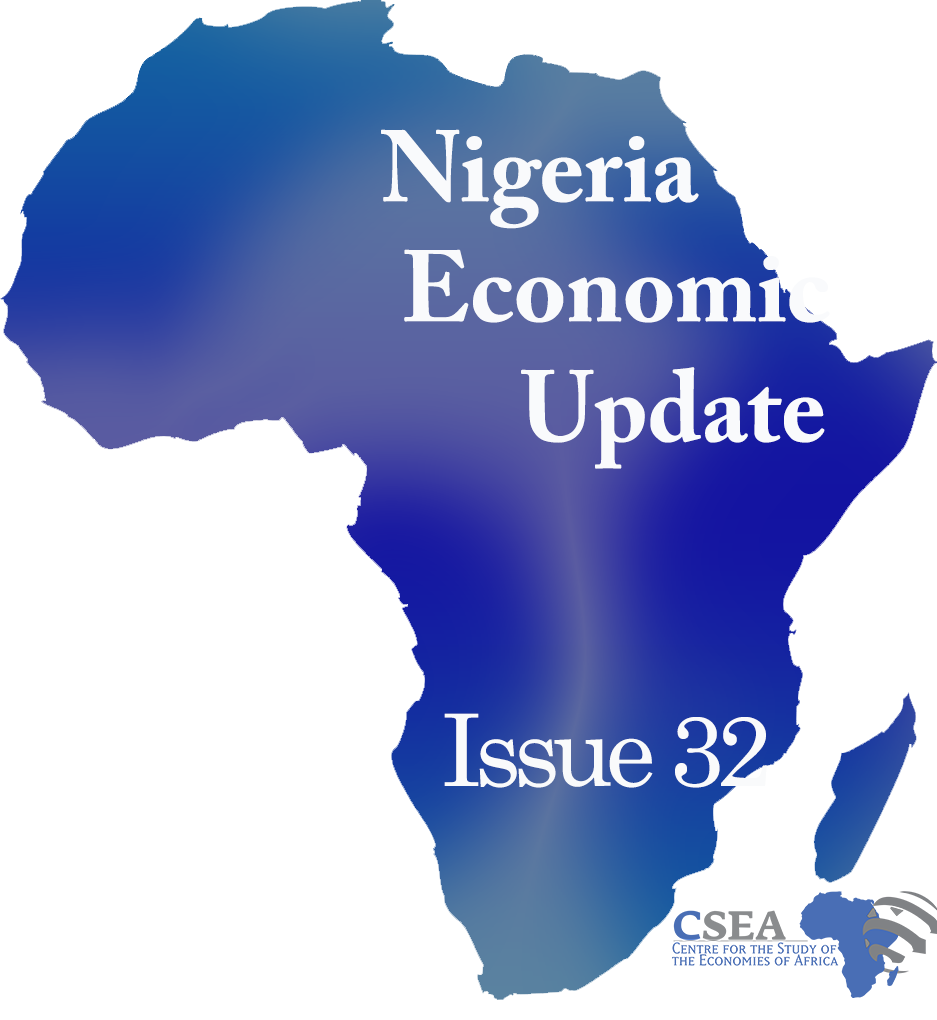
According to the National Bureau of Statistics (NBS), Nigeria’s inflation rose to 19.64 percent in July 2022, from 18.60 recorded in June, 2022.1 This is 2.27 percentage points higher than 17.38 per-cent recorded in July 2021. The report also shows that on a month-on-month basis, the Headline inflation rate in July 2022 was 1.82 percent, which was 0.001 percent higher than the rate record-ed in June 2022, which was 1.816 percent. In the period under review, food inflation was 22.02 percent, core inflation was 16.26 percent, rural inflation was 19.22 percent, and urban inflation was 22.09 percent. The increase in inflation is due to monetary and structural factors. The persis-tence of structural issues such as high dependence on importation and insecurity lowers the im-pact of an increase in the monetary policy rate in taming inflation. For example, the insecurity in food-producing states has been responsible for the shortages in the supply of food in the country and contributes partly to rising food prices. Hence, there is a need to address prevailing security challenges to guarantee food security and increase food supply in the country to keep inflation under control. In addition, the government needs to strengthen social protection programmes to help poor and vulnerable households avert malnutrition and ensure continued access to housing and transportation.
